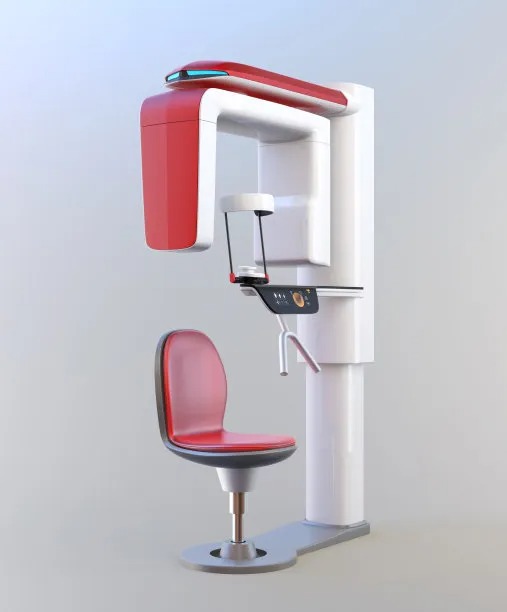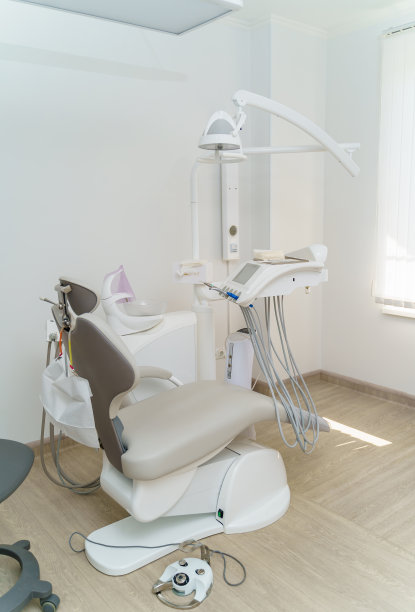Summary: Periodontal disease, a prevalent issue affecting oral health, arises from bacterial infections that impact the tissues surrounding teeth. This article delves into the causes, symptoms, and effective treatment strategies to manage periodontal disease. By understanding the complex nature of this condition, individuals can take proactive steps to preserve their oral health. Whether its through better oral hygiene practices, recognizing early symptoms, or seeking professional treatment options, awareness and intervention can significantly improve outcomes. This comprehensive overview aims to empower readers with knowledge, ensuring that they not only understand periodontal disease but also the importance of maintaining optimal oral health.
1. Causes of Periodontal Disease Explained

Periodontal disease primarily begins with inadequate oral hygiene, leading to plaque buildup on the teeth. This sticky film of bacteria hardens into tartar, causing inflammation of the gums—a condition known as gingivitis. If left untreated, gingivitis can advance to periodontitis, where deeper structures of the teeth and gums become compromised.
Several risk factors contribute to the development of periodontal disease. Genetics plays a role, as some individuals may be predisposed to advanced gum issues. Additionally, lifestyle choices such as smoking and poor nutrition can exacerbate the problem, hindering the body’s ability to fight off infections effectively.
Moreover, systemic conditions like diabetes are significant contributors, as they can impair blood flow and increase the severity of gum disease. Hormonal changes, such as those occurring during pregnancy or menopause, can also make gums more vulnerable to inflammation, highlighting the multifaceted nature of periodontal disease risks.
2. Recognizing Symptoms of Periodontal Disease
Awareness of the symptoms associated with periodontal disease is crucial for early detection and treatment. Common signs include persistent bad breath, swollen or bleeding gums, and receding gum lines. Sometimes, gum inflammation produces discomfort during regular brushing or flossing—an indicator that should not be ignored.
As the disease progresses, individuals may notice tooth mobility or the presence of pus between the gums and teeth. This signifies a deeper infection that may require urgent dental attention. Furthermore, changes in bite or tooth positioning can make chewing difficult, underscoring the importance of maintaining healthy gums.
Even if symptoms seem mild, they can indicate underlying issues that require professional evaluation. Regular dental check-ups can facilitate early intervention, ensuring that periodontal disease doesn’t advance to more severe stages.
3. Effective Treatments for Periodontal Disease
Treatment for periodontal disease often begins with professional cleaning. Dentists or dental hygienists perform scaling and root planing to remove plaque and tartar from above and below the gum line, helping to eliminate infection and promote healing.
If the disease is diagnosed at a more advanced stage, additional interventions may be necessary. Surgical procedures, such as flap surgery or bone grafting, can help to restore lost structures and reduce pocket depths around teeth. Regenerative treatments using growth factors or tissue-stimulating proteins may also assist in repairing damaged tissue.
In addition to these procedures, maintaining good oral hygiene at home is vital for long-term success. Regular brushing, flossing, and utilizing antiseptic mouth rinses can prevent recurrence. Patients should also adhere to dental check-up schedules, as consistent maintenance is key in managing periodontal health.
4. Importance of Optimal Oral Health Maintenance
Maintaining optimal oral health helps prevent periodontal disease and preserves overall well-being. A balanced diet rich in vitamins and minerals contributes to healthy gums and teeth, while hydration supports saliva production, which protects against decay.
Self-care practices, such as quitting smoking and reducing sugar intake, further enhance oral health. These modifications can significantly reduce the risk of developing periodontal disease, contributing to better overall systemic health.
Regular communication with dental professionals enables individuals to stay informed about their risk factors and treatment options. By understanding the importance of oral health maintenance, patients can take charge of their dental hygiene and make informed decisions about their care.
Summary:
Understanding periodontal disease empowers individuals to recognize its causes, symptoms, and treatment options. An informed approach to oral health ensures that one can actively prevent complications and maintain a healthy smile over the long term. Awareness, education, and proactive care are essential components of effective management strategies against periodontal disease.
This article is compiled by Vickong Dental and the content is for reference only.
Vickong Dental
Vickong Dental is a large medical group established in Hong Kong in 2008 by professors from well-known medical universities in Guangdong and Hong Kong, as well as medical doctors from key national '985' universities (including Master's supervisors and senior professors). The chain of branches brings together expert dentists with PhDs and Master's degrees from Hong Kong and Mainland China, committed to providing high-quality dental treatment.
"Vickong Dental Practices the University Motto of 'Healing and Serving Society,' with a Stable Operation for Sixteen Years. It Has Been honored with Hong Kong Enterprise Leaders's Choice,' and is a Global Trusted Implant Center for the Nobel Implant System. Recommended by Hong Kong Metro Broadcast and Guangdong Television, it Serves Customers from Over Thirty Countries and Regions, Gaining the Trust and Favor of Citizens from the Guangdong-Hong Kong-Macau Greater Bay Area and Surrounding Cities.

Thousands of customers' unanimous praise
The most recognized and highly recommended dental service by customers in the Guangdong-Hong Kong-Macau Greater Bay Area
We Ensure You Receive Detailed Care and Attention Here
Hong Kong standards, Shenzhen prices, Your Trusted English-speaking dentists

Vickong Dental Medical-Grade Instrument Disinfection Process
Vickong Dental Medical-Grade Instrument Disinfection Process

Vickong Dental Chain: A Warm and Comfortable Environment for Treatment






Appointment Hours

Q&A
Why choose Vickong Dental?
Vickong Dental practices the university motto 「Medicine to Benefit Society」, with each branch bringing together highly qualified dentists with doctoral and master’s degrees from Hong Kong and the Mainland, and has maintained seventeen years of steady operation。Recipient of 「2024 Hong Kong Enterprise Leaders Brand」, 「2025 Hong Kong Enterprise Leaders Brand」, a Nobel Biocare Global Trusted Implant Center, and a brand recommended by Metro Radio Hong Kong and Guangdong TV。
To date, we have served customers from more than thirty countries and regions,earning exceptionally high word-of-mouth recognition and trusted recommendations from residents across the Guangdong-Hong Kong-Macao Greater Bay Area and surrounding cities
We have eight major branches in Zhuhai、Shenzhen,and a consultation and service assurance center in Hong Kong,so you can book a free consultation at any time for any questions,which is very reassuring.
If I do not accept the quotation after the CT scan, will I be charged??
No! As long as the actual treatment has not started, you will not be charged any fees.
Will there be any additional charges during the treatment process?
No, there won’t be any additional charges. Before treatment begins, we will clearly explain the treatment plan and its corresponding fees. Only after the patient agrees and signs the consent form will we proceed with the dental service.
Can I pay in Hong Kong dollars?
Yes. Vickong Dental accepts payment in Hong Kong dollars. The amount will be converted based on the exchange rate of the day, and the applicable rate will be clearly communicated to you in advance.
Can I reschedule my appointment at any time?
Yes. Please contact us via **WeChat** or **WhatsApp** as early as possible, providing your original appointment time and details, along with your preferred new date and time slot for rescheduling.













